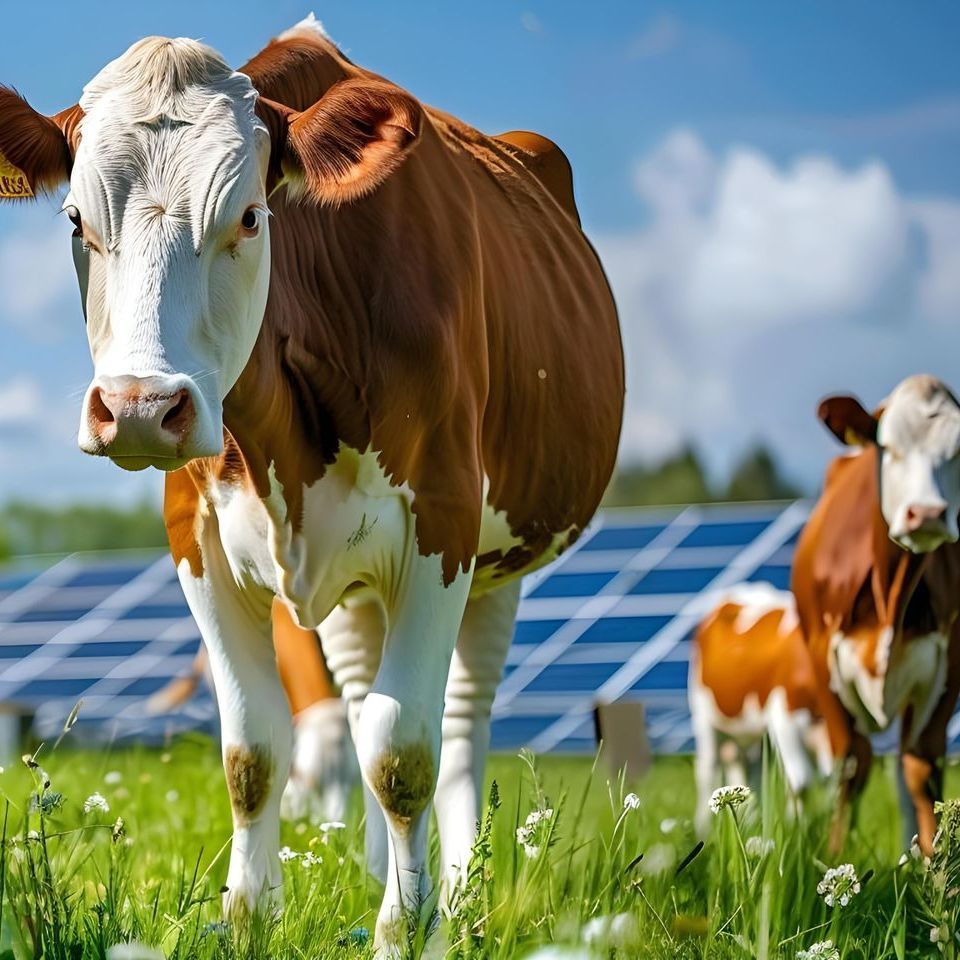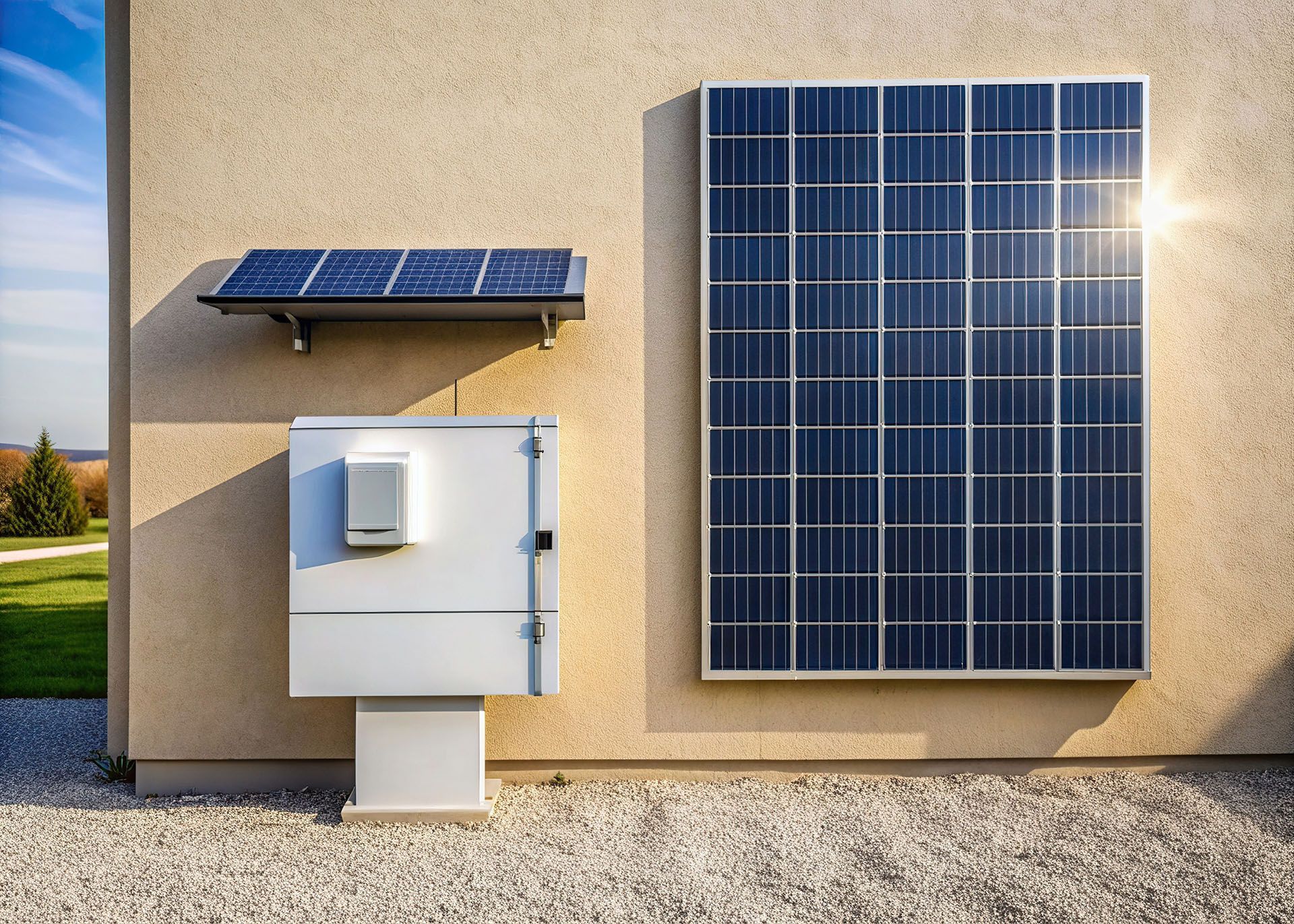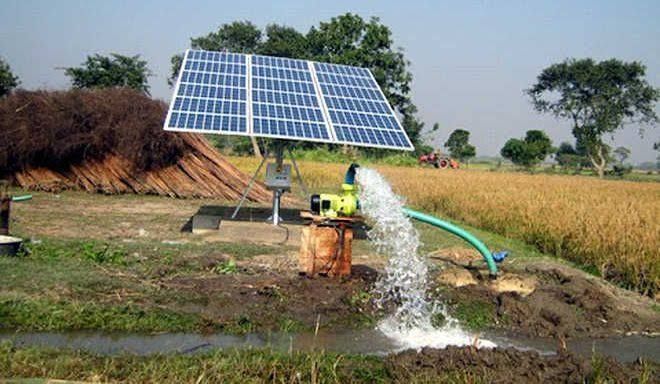Have A Question?
The Future of Off-Grid Power in Australia
As Australia transitions towards a more sustainable and resilient energy future, off-grid power solutions are gaining increasing prominence.
Off-grid power systems, which operate independently from the national electricity grid, are becoming vital for remote communities, agricultural operations, mining sites, and even urban areas seeking greater energy independence.
These systems leverage renewable energy sources, advanced battery storage, and innovative technologies to provide reliable, sustainable, and cost-effective power.
The Rise of Off-Grid Power Solutions
1. Renewable Energy Integration
Australia is abundant in renewable energy resources such as solar, wind, and biomass. Off-grid power systems can harness these resources to generate clean and sustainable energy. Solar panels and wind turbines, combined with battery storage, ensure a continuous and reliable power supply even when the sun isn't shining or the wind isn't blowing. This reduces reliance on fossil fuels and minimises greenhouse gas emissions, contributing to Australia's climate goals.
2. Energy Independence and Reliability
For remote and rural areas, off-grid power systems offer a viable solution to energy access challenges. These areas often face high costs and logistical difficulties associated with extending the national grid. Off-grid systems provide energy independence, allowing communities and businesses to generate their own electricity and ensure a reliable power supply. This is particularly important for critical infrastructure such as hospitals, schools, and emergency services in remote regions.
3. Technological Advancements
Advancements in technology are driving the efficiency and affordability of off-grid power systems. Innovations in solar photovoltaic (PV) technology, wind energy, and battery storage have made off-grid solutions more reliable and cost-effective. Smart energy management systems optimise the use of available resources, ensuring that energy generation and consumption are balanced efficiently. Additionally, modular and scalable designs allow off-grid systems to be tailored to specific needs, from small households to large industrial operations.
4. Government Support and Incentives
The Australian government is increasingly supporting off-grid power solutions through policies, grants, and incentives. Programs like the Australian Renewable Energy Agency (ARENA) provide funding for off-grid and microgrid projects, encouraging the development and deployment of innovative energy solutions. These initiatives help to reduce the financial barriers for adopting off-grid systems and promote widespread implementation across various sectors.
Applications of Off-Grid Power in Australia
1. Remote Communities
Off-grid power is a game-changer for remote communities that are not connected to the national grid. These systems provide a reliable and sustainable energy source, improving living standards and enabling economic development. Schools, healthcare facilities, and businesses in these areas can operate efficiently, contributing to the overall well-being of the community.
2. Agricultural and Farming Operations
Australia's agricultural sector can benefit significantly from off-grid power solutions. Farms located far from the grid can utilise solar and wind energy to power irrigation systems, machinery, and processing facilities. This reduces operational costs and enhances the sustainability of agricultural practices. Off-grid systems also provide energy security, ensuring that critical farming operations continue uninterrupted.

3. Mining and Resource Extraction
The mining industry often operates in remote locations with limited access to the grid. Off-grid power systems offer a reliable and cost-effective solution to meet the energy demands of mining operations. Renewable energy sources combined with battery storage can power mining equipment, processing plants, and worker accommodations, reducing reliance on diesel generators and lowering carbon footprints.
4. Disaster Resilience and Emergency Response
Off-grid power systems enhance disaster resilience by providing a dependable energy source during emergencies. Natural disasters such as bushfires, floods, and storms can disrupt grid connectivity, leaving communities without power. Off-grid systems ensure that critical infrastructure, including emergency response centers and communication networks, remain operational, facilitating effective disaster management and recovery.
The Path Forward
1. Continued Innovation and Research
Ongoing research and development are essential to improving the efficiency, reliability, and affordability of off-grid power systems. Investments in new technologies, such as advanced energy storage solutions and smart grid management, will drive the evolution of off-grid systems. Collaborations between industry, academia, and government can accelerate innovation and bring cutting-edge solutions to market.
2. Policy and Regulatory Support
Supportive policies and regulatory frameworks are crucial for the growth of off-grid power solutions. Governments at all levels should continue to provide incentives, streamline approval processes, and establish standards that facilitate the deployment of off-grid systems. Encouraging private sector investment and public-private partnerships can also boost the adoption of off-grid technologies.
3. Community Engagement and Education
Engaging and educating communities about the benefits of off-grid power is vital for widespread acceptance and adoption. Providing information on the economic, environmental, and social advantages of off-grid systems can encourage individuals and businesses to embrace these solutions. Community-led projects and pilot programs can demonstrate the feasibility and benefits of off-grid power, inspiring others to follow suit.
Conclusion
The future of off-grid power in Australia is bright, with the potential to transform energy access, enhance sustainability, and improve resilience across the country. By leveraging renewable energy resources, advancing technological innovations, and fostering supportive policies, Australia can lead the way in developing and deploying off-grid power solutions. As the nation moves towards a more sustainable and resilient energy future, off-grid systems will play a pivotal role in ensuring reliable, affordable, and clean energy for all.
Want to go solar in Australia?
Get a free quote and consultation from the experts at GES Energy. Contact us today to discuss your project.
Browse by Categories
Speak to one of our specialists
Speak to one of our specialists →I hope you enjoy reading this blog post.
Greentech Engineering Solutions (GES) helps residents, businesses and industry transform energy systems for a smarter, cleaner future. As an EPC Solar specialist we manage projects from concept to feasibility, finance, engineering, procurement, construction and beyond.
I hope you enjoy reading this blog post.
GES Energy helps residents, businesses and industry transform energy systems for a smarter, cleaner future. As an EPC Solar specialist we manage projects from concept to feasibility, finance, engineering, procurement, construction and beyond.






